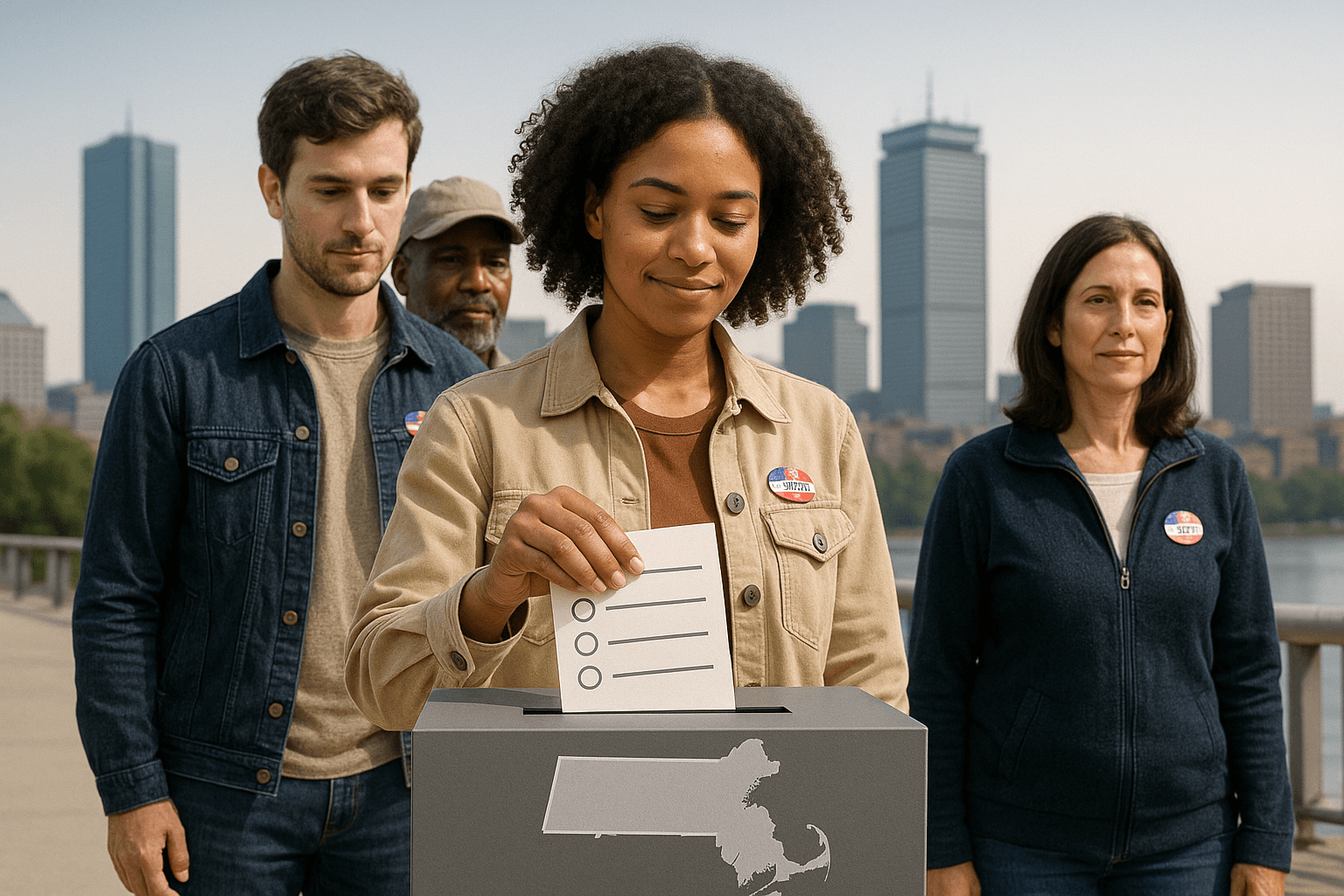Nixon Admitted Weed Wasn’t Dangerous, But Killed It to Crush Political Dissent

Why the War on Cannabis Refuses to Die: A History (Part Two)
For much of the eighteenth and nineteenth centuries, American physicians freely prescribed cannabis to treat a wide range of ailments. But by the mid-twentieth century, federal officials were laying the groundwork for a sweeping criminal crackdown. Cannabis would ultimately be classified as a Schedule I substance, placed alongside heroin and LSD, and transformed into a political weapon that shaped American policy for the next six decades.
This seven-part series chronicles the milestones, backlash, and unintended consequences that have shaped the war on cannabis from the 1960s to the present day.
Part One: How Boomers and the Yippies Made Weed Political
On June 17, 1971, President Richard Nixon addressed the nation and formally launched what came to be known as the War on Drugs, calling drug abuse “public enemy number one” in America.
A year earlier, President Nixon signed the Controlled Substances Act of 1970, the law that created the modern drug scheduling system and reinstated federal cannabis prohibition. Cannabis was placed in Schedule I — the most restrictive category — 9on a supposedly “temporary” basis, pending further study.
It was a policy shift that would reshape American law enforcement, our courts, and those incarcerated in our prisons for generations.
Nixon’s real feelings about cannabis were captured on his secret White House recording system. Still, they went largely unnoticed until 2024, when a cannabis industry lobbyist in Minnesota discovered them while reviewing hours of tapes. The New York Times broke the story.
In a March 1973 White House meeting, he admitted that cannabis was “not particularly dangerous” and expressed discomfort with the extreme punishments people were receiving for possession.
Nixon even pointed to a recent case involving a 30-year sentence, calling it “ridiculous,” and said, “penalties should be commensurate with the crime.”
On cannabis, he confessed, “Let me tell you, I know nothing about marijuana. I know that it’s not particularly dangerous, and most of the kids are for legalizing it. But on the other hand, it’s the wrong signal at this time.”
Despite his private reservations, Nixon maintained a hard public line. “I want a goddamn strong statement on marijuana,” he said in a 1971 Oval Office recording.
Nixon appointed nine of the thirteen members of the commission he tasked with reviewing cannabis. Nixon’s own commission ultimately concluded that cannabis “did not constitute a major threat to public health.” It found no compelling evidence that marijuana use led to harder drugs or caused violence and instead recommended that possession be decriminalized. The panel urged a shift toward “persuasion rather than prosecution.”
President Nixon ignored the recommendation and kept cannabis classified as a Schedule I substance.
“It reinforces Nixon as a Machiavellian political operative,” historian Douglas Brinkley later said. “He dehumanized drug users because it was in his political interest to do so.”
Check Out Part 3 of this series, "The Seventies: High Times with Jimmy Carter and Jerry Brown."







